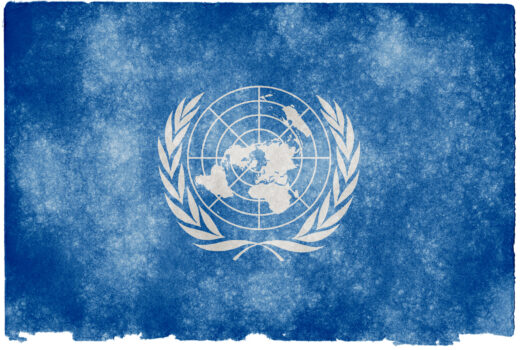Topic: Environment
Ein Diskurs über Ideologien, Überzeugungen und ‘Ismen’
Article / 16th January 2015Wie können wir zu der Erkenntnis gelangen, dass Teilen die Lösung für eine planetare Krise ist, und unsere einzig noch verbleibende Hoffnung für die Sanierung einer geteilten Welt? Diese Frage ist bei der Betrachtung der Ismen von zentraler Bedeutung, denn wir haben unsere Selbstgefälligkeit intellektualisiert, um sie als normal zu rechtfertigen.
The true meaning of Christmas
Article / 16th December 2014At this time of year, it is easy to forget the reality of the critical world situation as we partake in the frantic overconsumption and festivities of Christmas. But what is the true meaning of Christmas in the midst of environmental destruction, growing levels of poverty and escalating global tensions?
Why sharing is a common cause that unites us all
Article / 8th December 2014Given that a call for sharing is already a fundamental (if often unacknowledged) demand of engaged citizens and progressive organisations, there is every reason why we should embrace this common cause that unites us all.
Media release: ‘Global call for sharing’ campaign
News / 8th December 2014Share The World’s Resources (STWR) has launched a new campaign in order to catalyse a broader public debate on the need to strengthen and scale up diverse forms of economic sharing at the local, national and global level.
Sharing as our common cause
Report / 4th December 2014This report demonstrates how a call for sharing underpins many existing initiatives for social justice, environmental stewardship, true democracy and global peace. On this basis, STWR argues that sharing should be more widely promoted as a common cause that can help connect civil society organisations and social movements under a united call for change.
Weihnachten, das System und ich
Article / 1st December 2014Das System, dem wir die Schuld für unsere Probleme auf der Welt in die Schuhe schieben, wird von uns, von Ihnen und mir gebildet. Das wird besonders deutlich sichtbar zur Weihnachtszeit, wenn wir im Namen Jesu in den Geschäften unsere fragile Erde ausplündern, schreibt Mohammed Mesbahi.
Advocacy at the UN for a commons-based vision of sustainable development
Blog / 10th November 2014Civil society groups at the United Nations are highlighting a powerful new movement in our midst based on caring, sharing, community and cooperation - and they propose a comprehensive vision for how governments can unleash its full potential.
Reclaiming the transformative potential of the sharing economy
Blog / 4th November 2014Can the ethic and practice of sharing really can create fairer, more sustainable and more democratic societies - and if so, how is it going to happen? The following talk by STWR was given at the event 'Reclaim the Alternative' held in Brighton, UK.
Studies on the principle of sharing
Article / 22nd October 2014In this ongoing series of studies by STWR’s founder, Mohammed Sofiane Mesbahi, he investigates the meaning and significance of the principle of sharing from spiritual and psychological as well as social, economic and political perspectives.
Sharing a (not so) living planet
Article / 3rd October 2014As the further evidence comes to light of how our economic systems are decimating the natural world, sharing is fast emerging as the central theme in the discourse on how to ensure prosperity for all within planetary boundaries.








